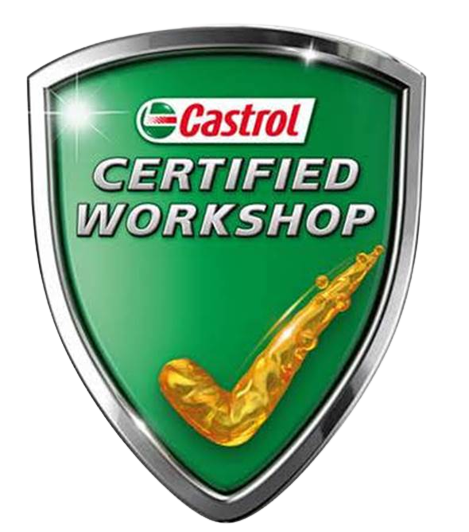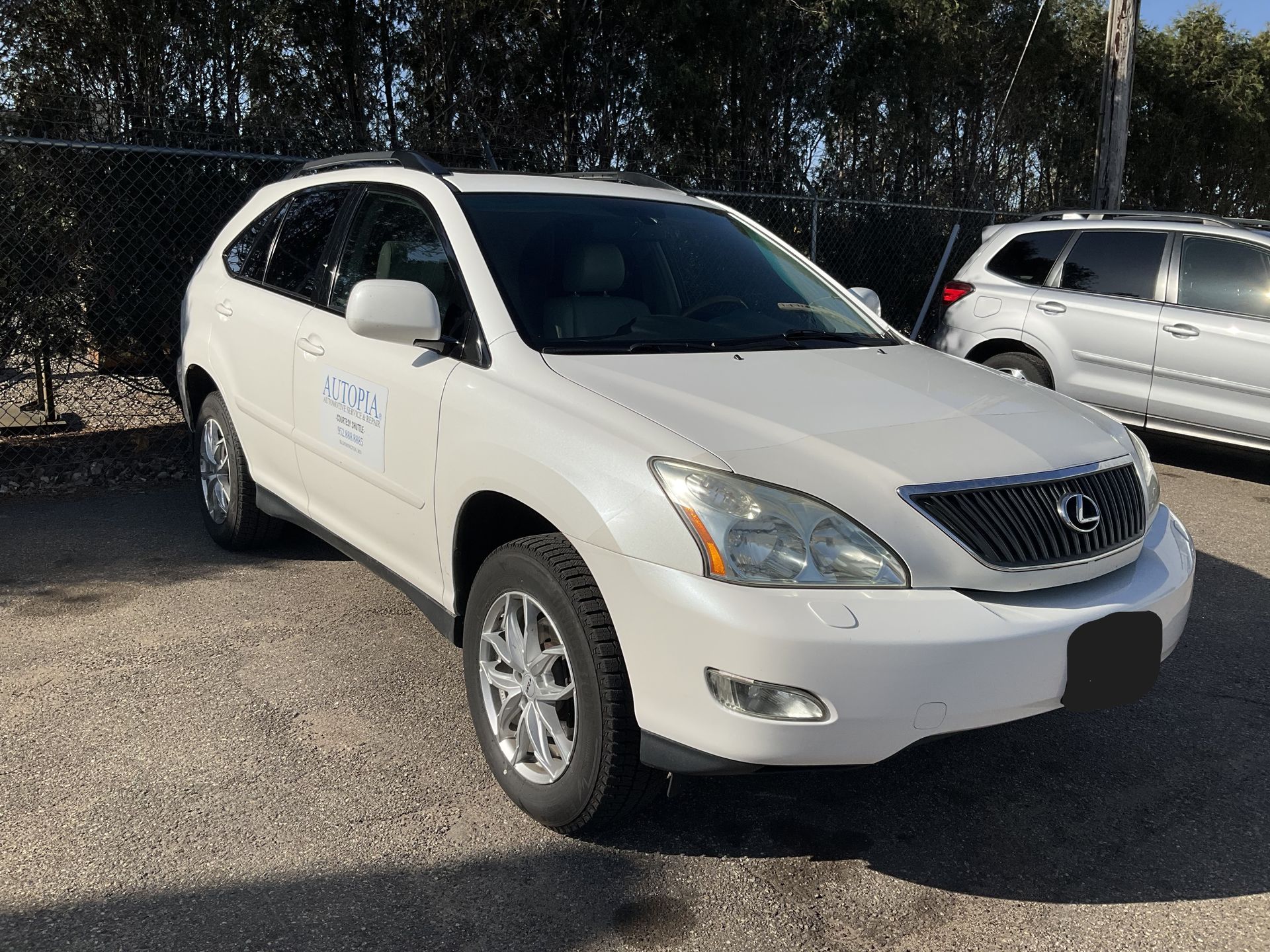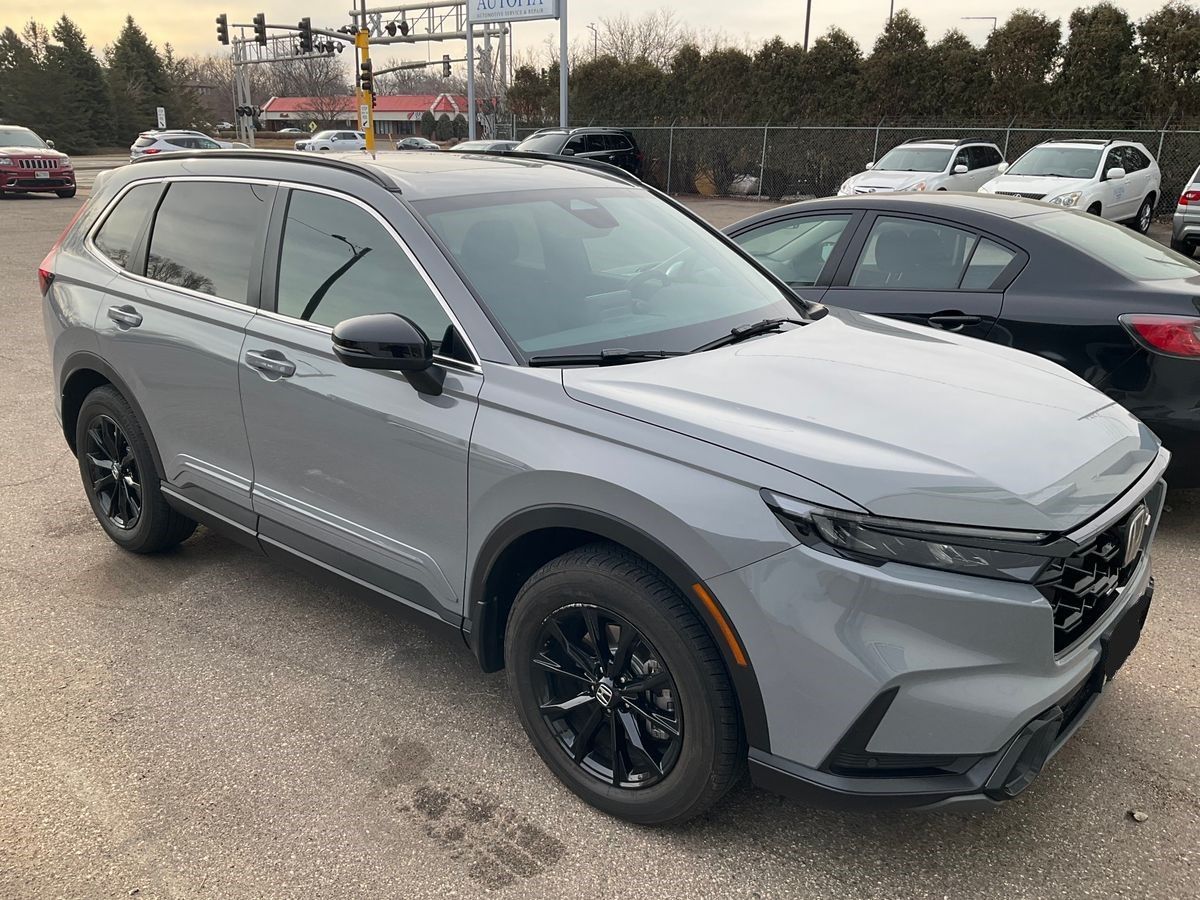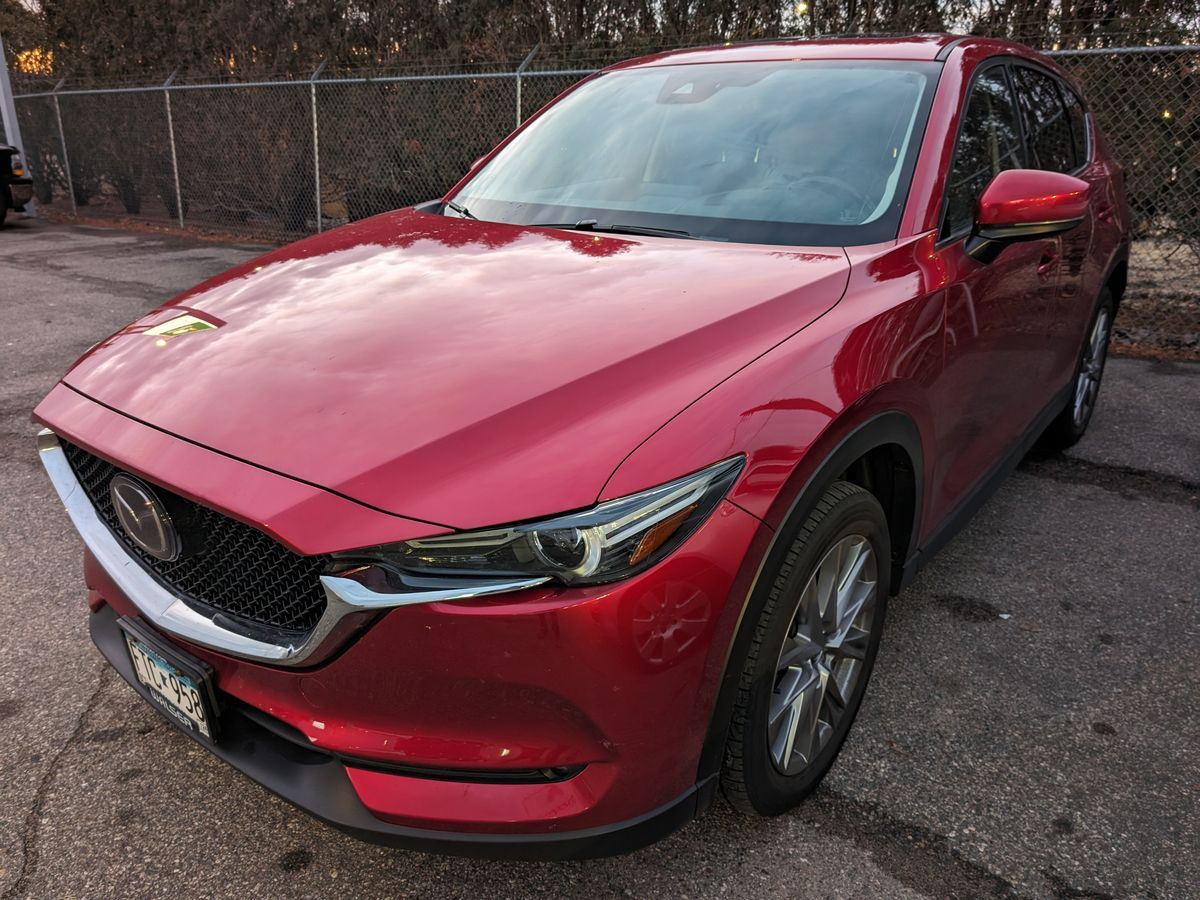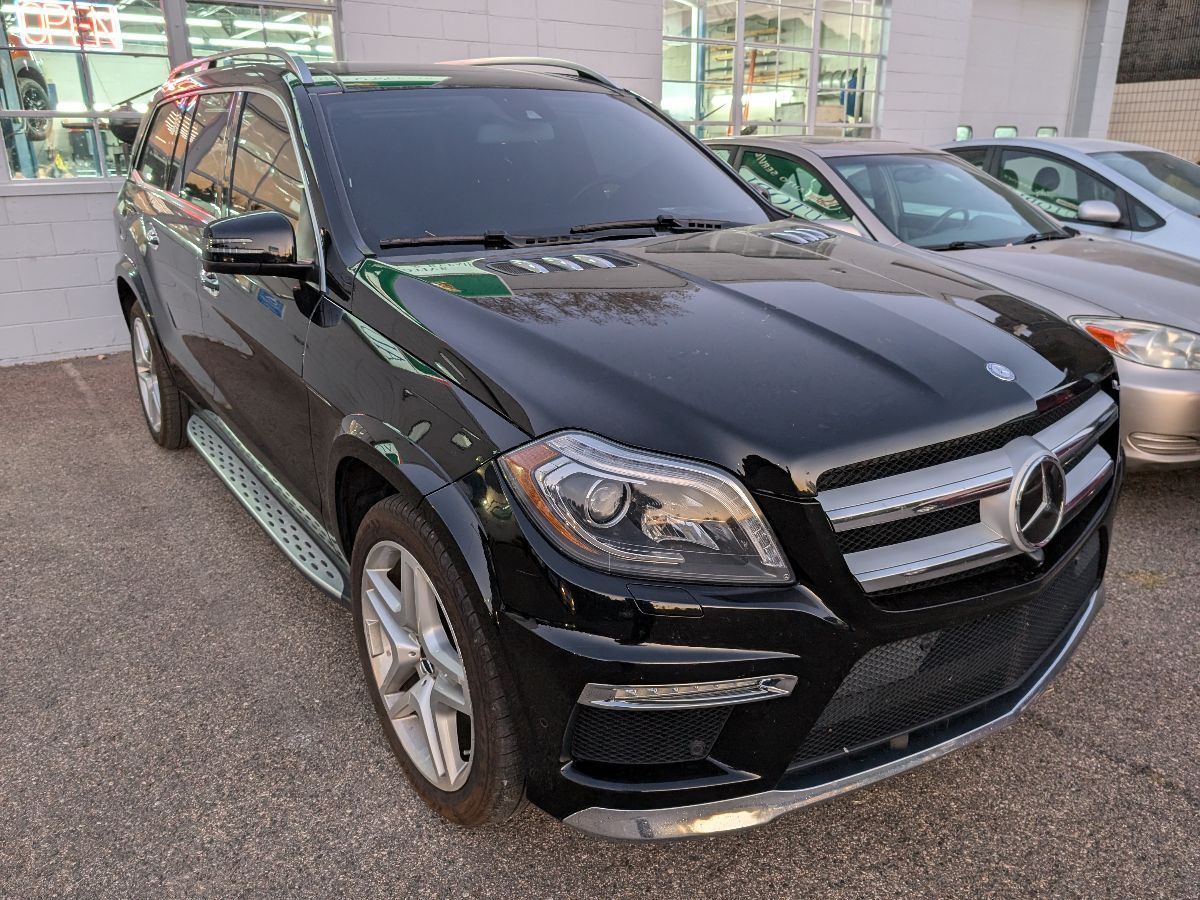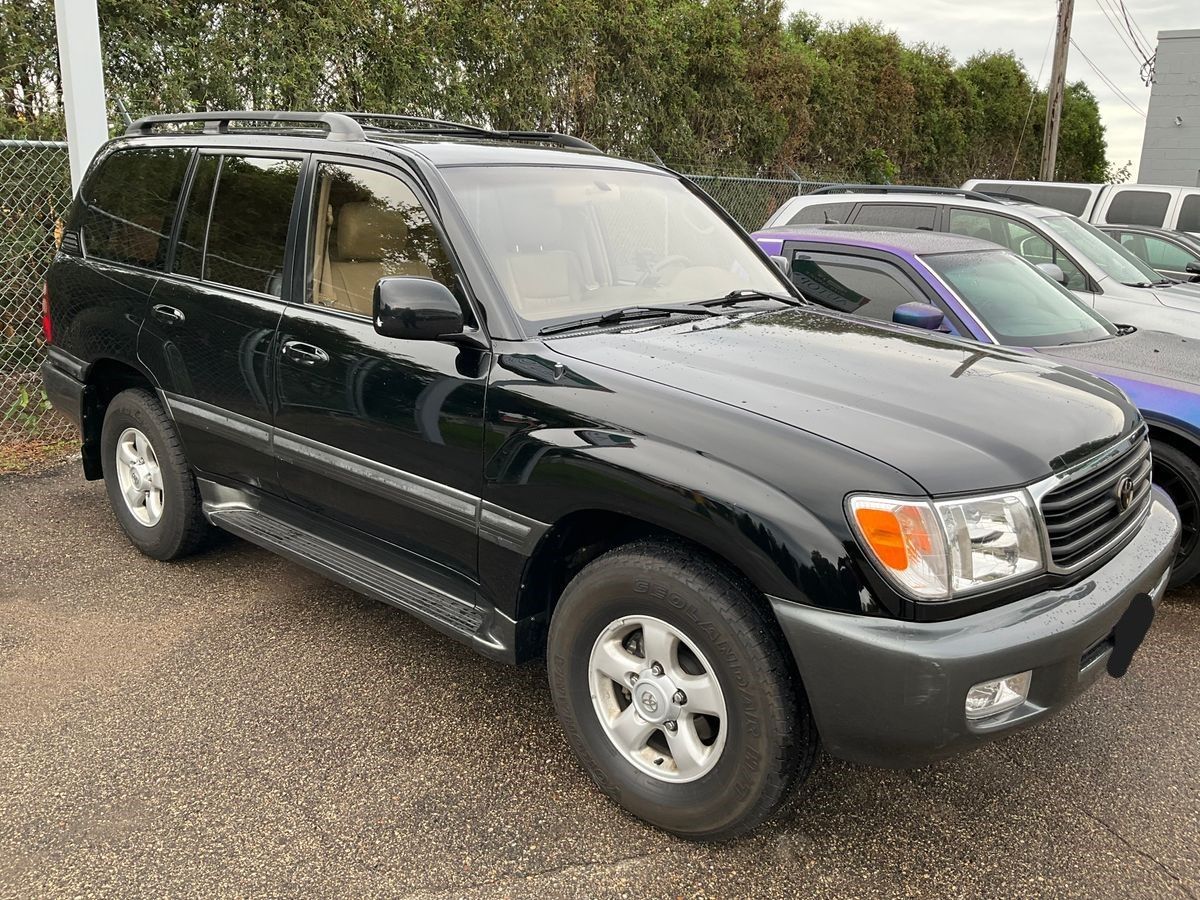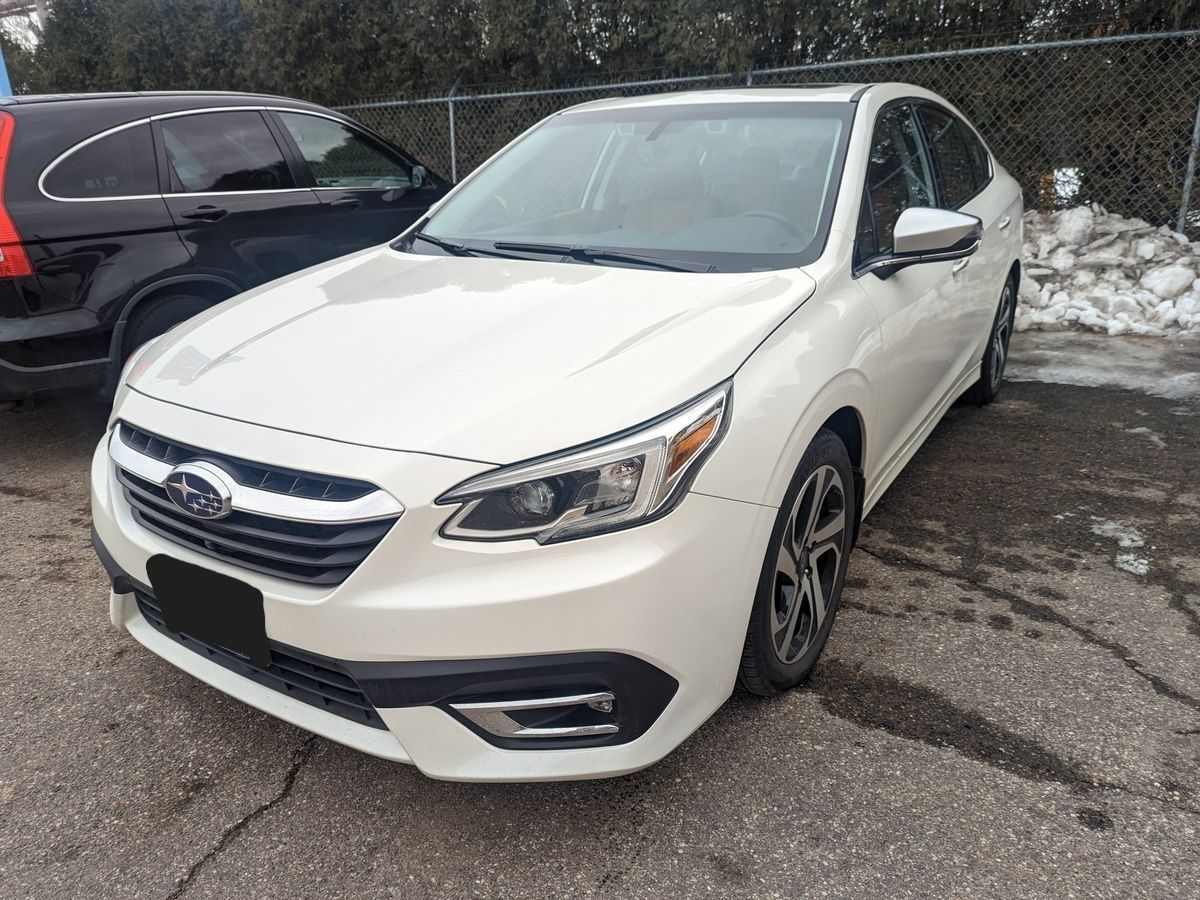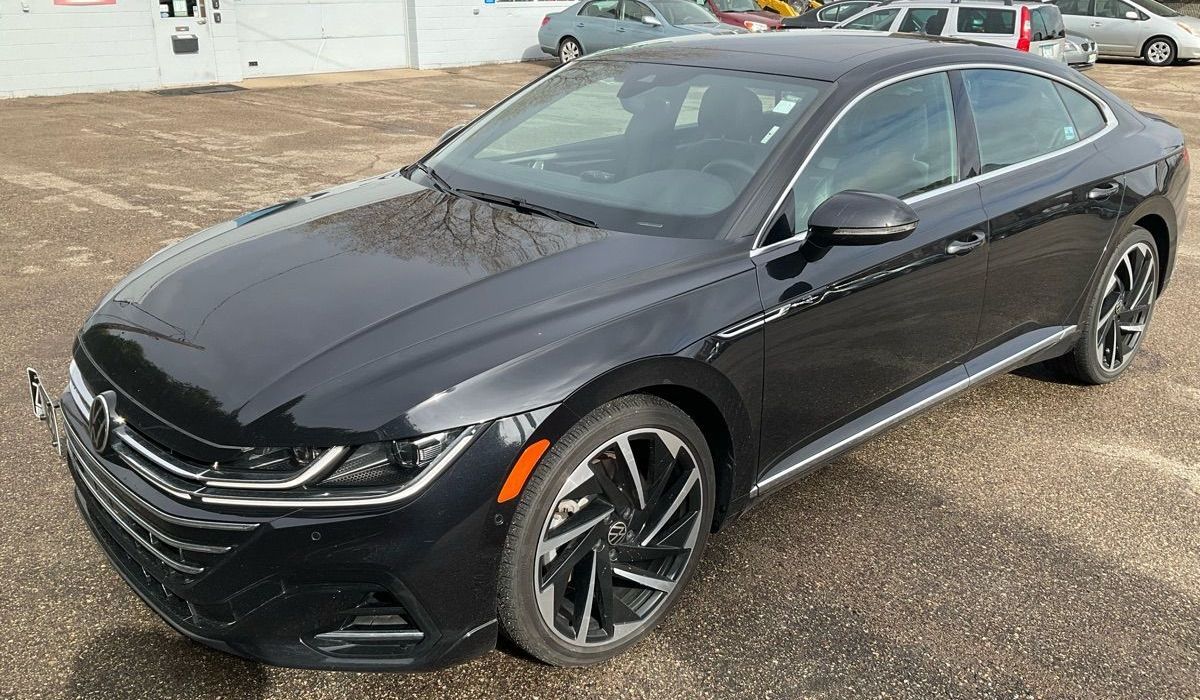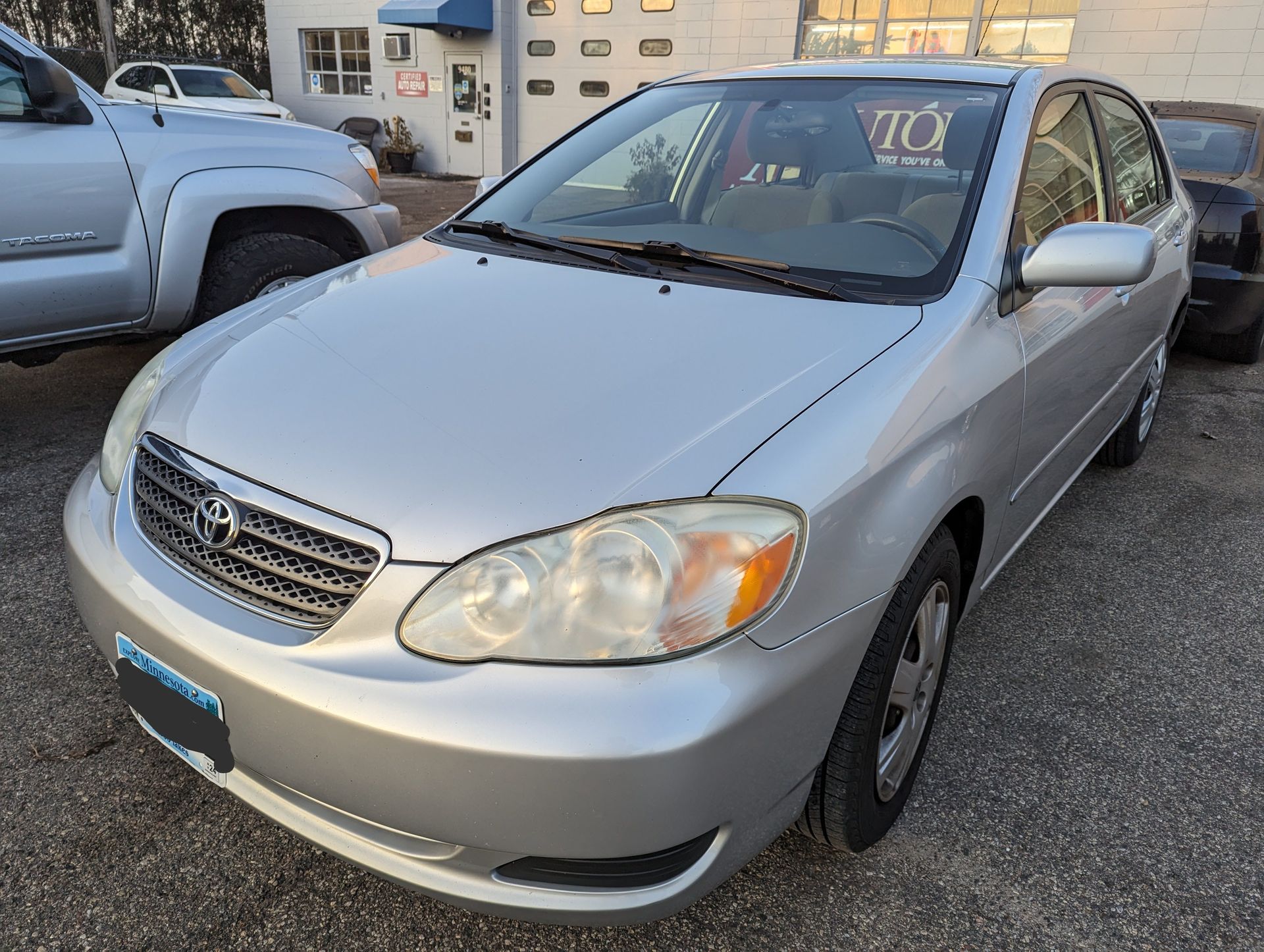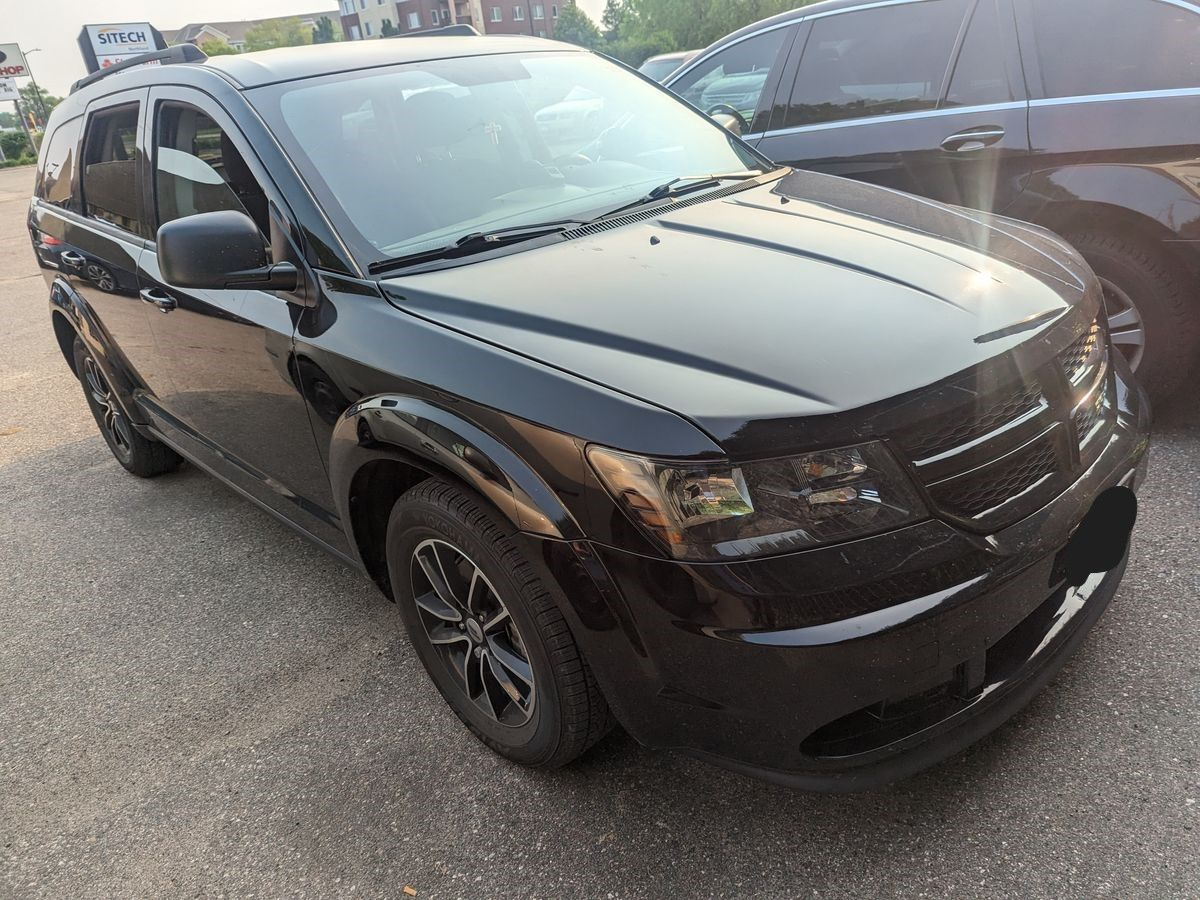Blog #145: Toyota Corolla & Camry Drivers: How to Spot Early Engine Trouble
Blog #145: Toyota Corolla & Camry Drivers: How to Spot Early Engine Trouble
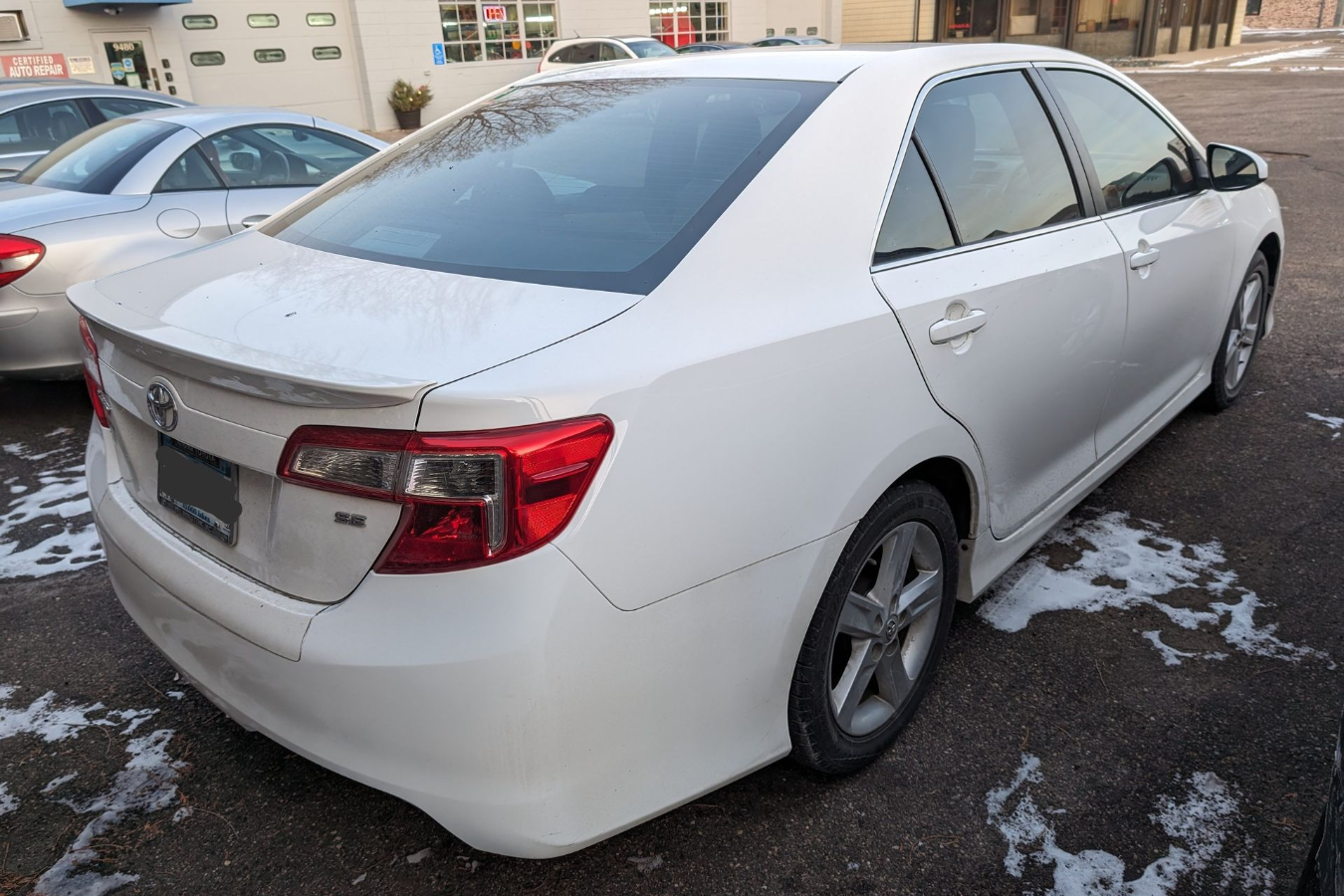
At
Autopia Bloomington, we know how much Toyota Corolla and Camry drivers value reliability. These cars are known for lasting hundreds of thousands of miles—but even the most dependable engines can develop problems if warning signs are ignored.
Early detection is key. Recognizing engine trouble before it escalates can save you from costly repairs, breakdowns, or even a full engine replacement. In this guide, we’ll help you understand the early warning signs of Toyota engine issues, why they happen, and what Bloomington drivers can do to keep their Corolla or Camry running strong for years to come.
Why Paying Attention to Engine Health Matters
Your Toyota’s engine is a finely tuned system designed for efficiency and longevity. But small issues—like minor oil leaks or worn spark plugs—can snowball into major repairs if left unchecked. Regular inspections and prompt attention to changes in performance are the best ways to prevent long-term damage.
At Autopia Bloomington, our experienced technicians specialize in identifying engine problems early—before they turn into expensive emergencies. Whether it’s a subtle vibration, oil consumption, or a persistent check engine light, we’ve seen (and fixed) it all.
Top Signs of Engine Trouble in Toyota Corolla and Camry
1. Unusual Noises
If you hear knocking, ticking, or grinding sounds coming from under the hood, it’s time for a checkup.
- Knocking often means worn-out bearings or low oil pressure.
- Ticking could signal valve issues or low oil levels.
- Grinding or whining might come from worn belts or pulleys.
Smart Fix:
Have your engine oil level and quality checked. A simple oil service at
Autopia Bloomington can restore lubrication and quiet those noises before major wear sets in.
2. Oil Leaks or Low Oil Levels
Both the
Corolla and Camry are known for reliable engines, but older models—especially those over 100,000 miles—can develop gasket or seal leaks.
Low oil levels lead to friction, heat buildup, and eventual engine wear.
Smart Fix:
Check your oil regularly. If you notice dark spots under your car or the oil light flickering, schedule an inspection. Our team can pinpoint leaks, replace seals, and top off fluids to prevent future damage.
3. Reduced Performance or Acceleration
If your Toyota feels sluggish or struggles to accelerate, it could be a sign of:
- Dirty fuel injectors
- Clogged air filters
- Faulty sensors (like MAF or oxygen sensors)
- Ignition coil issues
Smart Fix:
Routine maintenance like air filter replacement or fuel system cleaning can restore smooth performance.
Autopia Bloomington offers diagnostic scans to detect failing components early.
4. Rough Idling or Stalling
A rough idle or frequent stalling isn’t normal—especially in Toyota vehicles. It may indicate misfiring spark plugs, vacuum leaks, or dirty throttle bodies.
Smart Fix:
Bring your car in for a tune-up. Our technicians will inspect your spark plugs, ignition coils, and idle control systems to keep your engine running smoothly.
5. Overheating or High Temperature Readings
Your Corolla or Camry’s cooling system prevents overheating, but a failing water pump, thermostat, or radiator can cause temperatures to spike quickly.
Smart Fix:
Never ignore the temperature gauge. If your engine overheats, pull over and turn off the vehicle immediately.
Autopia Bloomington offers complete cooling system inspections and flushes to keep your engine at a safe temperature.
6. Strange Smells or Smoke
Burning oil, coolant, or fuel odors are warning signs of leaks or combustion problems.
- Blue smoke = oil burning in the cylinders
- White smoke = coolant leak (possible head gasket issue)
- Black smoke = too much fuel burning
Smart Fix:
Schedule a diagnostic test right away. Our experts can identify the source of smoke and prevent major damage to your Toyota’s engine or catalytic converter.
7. The Dreaded Check Engine Light
When your check engine light comes on, it’s your car’s way of saying something isn’t right. It could be as simple as a loose gas cap—or as serious as a failing catalytic converter.
Smart Fix:
Don’t ignore it. Visit
Autopia Bloomington for a quick scan to identify the exact issue and prevent bigger problems later.
Common Causes of Engine Trouble in Toyota Vehicles
Even though Toyota engines are among the most reliable in the world, several issues tend to show up over time:
- Oil sludge buildup (especially in older 2.4L engines)
- Failing ignition coils
- Timing chain tensioner wear
- Carbon buildup in intake valves
- Worn-out gaskets or seals
Regular oil changes, system cleanings, and tune-ups prevent these common problems. That’s why routine maintenance is crucial—especially for vehicles over 80,000 miles.
How to Prevent Costly Engine Repairs
Here’s what
Bloomington Toyota owners can do to keep their Corolla or Camry engines healthy:
- Stick to Toyota’s maintenance schedule (oil, air filters, spark plugs, and fluids).
- Use high-quality oil and change it every 5,000–7,500 miles.
- Listen for new noises and act quickly if something sounds off.
- Keep your cooling system flushed and filled to prevent overheating.
- Get diagnostics done early when a warning light appears.
At Autopia Bloomington, we specialize in preventative maintenance. Our technicians can identify early-stage problems during routine service and save you from costly repairs down the road.
Why Choose Autopia Bloomington for Toyota Engine Care
Toyota engines are designed for longevity—but only if maintained properly. At
Autopia Bloomington, we offer:
✅ Advanced diagnostic tools for Toyota systems
✅ Certified technicians familiar with Corolla and Camry engines
✅ Transparent, honest service recommendations
✅ Preventive maintenance packages to extend engine life
Whether you’re hearing unusual noises, dealing with oil leaks, or just want a check-up for peace of mind, our team will help keep your Toyota performing like new.
Frequently Asked Questions (FAQ)
Q: What’s the most common cause of engine trouble in Toyotas?
A: Oil sludge buildup and neglected maintenance are top culprits. Regular oil changes and inspections help prevent this issue.
Q: How often should I check my oil level?
A: At least once a month. It’s a quick habit that can save you from engine wear or damage due to low oil.
Q: Can I keep driving with the check engine light on?
A: It depends on the cause—but it’s not worth the risk. Have it checked right away at
Autopia Bloomington to prevent costly repairs.
Q: How long do Toyota engines usually last?
A: With proper care, many Corolla and Camry engines easily reach 200,000 miles or more. Preventative maintenance is key to longevity.
Q: My Toyota is running fine—should I still get it checked?
A: Absolutely. Routine inspections help catch minor issues before they turn into major problems. Think of it as insurance for your car’s health.
Drive with Confidence
Your Toyota Corolla or Camry was built to last—but no engine is indestructible. Early detection and professional maintenance make all the difference.
At
Autopia Bloomington, we’re here to help you stay ahead of problems, protect your investment, and keep your Toyota running smoothly for every mile ahead.
Schedule your engine inspection today and experience trusted service that keeps Bloomington drivers confident on the road.

